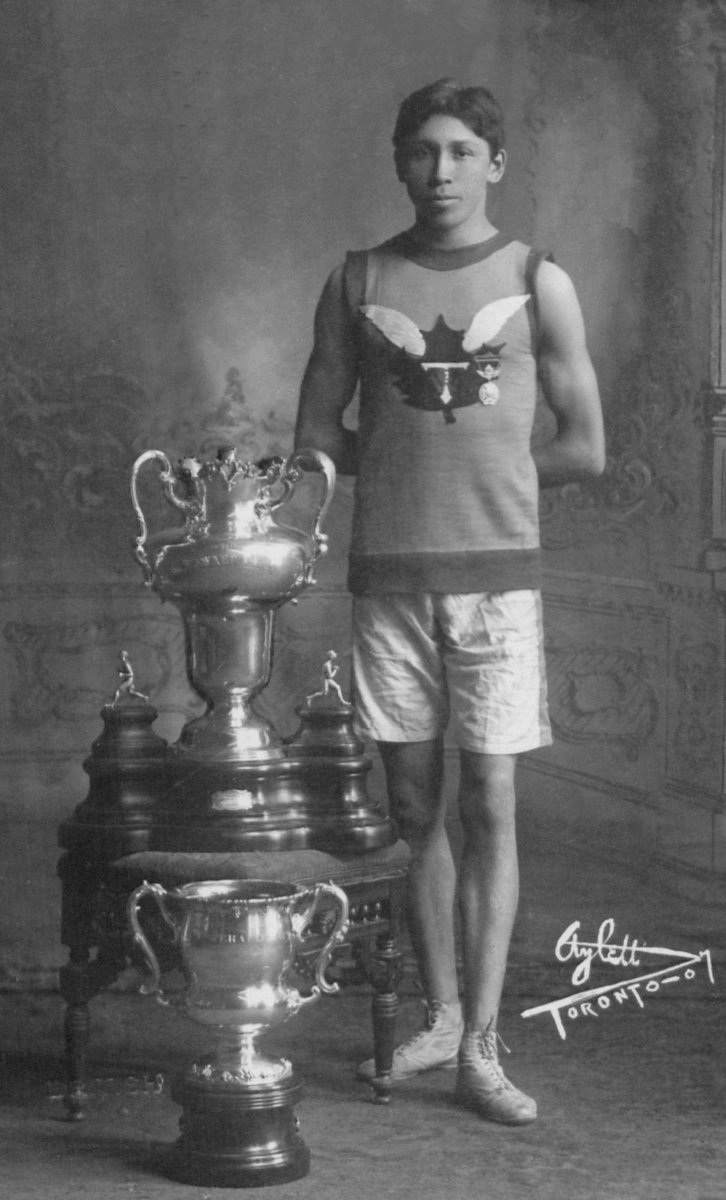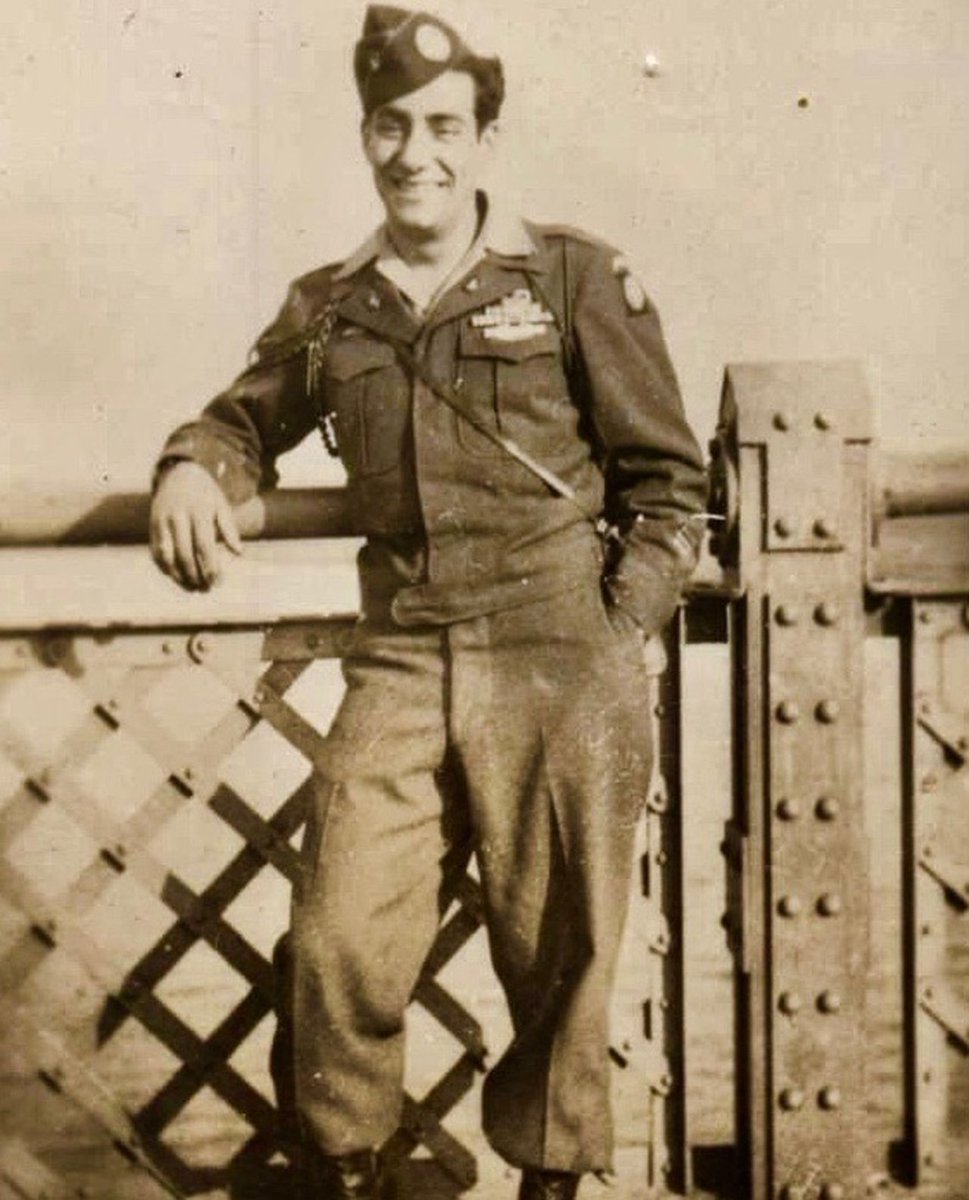Tom Longboat was a champion runner, winner of the 1907 Boston Marathon.
And yet, at the 1908 Olympics, people called him lazy. They said he didn’t have the right attitude.
Sound familiar?
And yet, at the 1908 Olympics, people called him lazy. They said he didn’t have the right attitude.
Sound familiar?

Cogwagee was born in the Six Nations of the Grand River in 1886.
As a child, he worked the land with his family, he played lacrosse, and he ran.
He loved to run. Running was everything.
As a child, he worked the land with his family, he played lacrosse, and he ran.
He loved to run. Running was everything.
When he was 12, Canada took him from his family and forcibly enrolled him in the Mohawk Institute Residential School.
At this prison they called school, priests and nuns forced Indigenous children from their language, their beliefs and customs. They abused the children.
At this prison they called school, priests and nuns forced Indigenous children from their language, their beliefs and customs. They abused the children.

They caught him the first time he ran from that place. They punished him as they punished the many other children who tried to get back home.
They couldn’t catch Cogwagee when he ran the second time.
He wasn’t running for a spot on a podium.
He was a kid running for his life.
They couldn’t catch Cogwagee when he ran the second time.
He wasn’t running for a spot on a podium.
He was a kid running for his life.
Living with his uncle, he kept running and training in his way.
On some days, he did intense workouts. Other days, long slow runs.
Unlike his coaches, his competitors, the reporters of the day, he knew the value of rest. He knew to listen to his body.
On some days, he did intense workouts. Other days, long slow runs.
Unlike his coaches, his competitors, the reporters of the day, he knew the value of rest. He knew to listen to his body.

He was 19 when he won the 1907 Boston Marathon.
In front of hundreds of thousands of spectators, he beat the record by five minutes. Five minutes!
As he racked up wins, people still called him lazy and criticized his training. They always found a way to put him in his place.
In front of hundreds of thousands of spectators, he beat the record by five minutes. Five minutes!
As he racked up wins, people still called him lazy and criticized his training. They always found a way to put him in his place.

He was a favorite to win the 1908 Olympic Marathon.
When he collapsed in the heat and failed to medal, some said he was drugged, sabotaged. Others said he hadn’t trained enough. They said he didn’t have the right attitude.
Tom Longboat’s Onondaga heart racing.
When he collapsed in the heat and failed to medal, some said he was drugged, sabotaged. Others said he hadn’t trained enough. They said he didn’t have the right attitude.
Tom Longboat’s Onondaga heart racing.

They couldn't understand his wisdom.
They couldn’t accept his worth.
They couldn’t see his spirit.
They couldn’t see Cogwagee.
They couldn’t accept his worth.
They couldn’t see his spirit.
They couldn’t see Cogwagee.

After the Olympics, Tom Longboat kept running.
He won just about every race there was to win, smashing world records. He was a superstar.
His name, Cogwagee, means “Everything.”
He won just about every race there was to win, smashing world records. He was a superstar.
His name, Cogwagee, means “Everything.”

In 1916, he signed up to fight for the same Canada that tried to take everything from him.
Think about that.
He stopped his superstar career to run for a country that deemed him less than equal.
Think about that.
He stopped his superstar career to run for a country that deemed him less than equal.

They say a runner was once leading a British officer to the front when the officer grew irritated with the brisk pace.
The officer: "For God's sakes, who do you think I am? Tom Longboat?”
The runner: "No, sir. That’s me.”
The officer: "For God's sakes, who do you think I am? Tom Longboat?”
The runner: "No, sir. That’s me.”

He carried messages to and from the officers, his competition now directly trying to eliminate him.
Then, as the story goes, a German shell stopped his running, burying him alive in Belgium. They found him two days later, miraculously still alive.
Cogwagee, the survivor.
Then, as the story goes, a German shell stopped his running, burying him alive in Belgium. They found him two days later, miraculously still alive.
Cogwagee, the survivor.
Tom Longboat survived the war, returned home, and started a family.
He went on to serve again on the home front during the Second World War.
Cogwagee died in 1949.
He went on to serve again on the home front during the Second World War.
Cogwagee died in 1949.

Please understand what Tom Longboat survived.
Please know what he endured.
The bullets and shells in Europe.
The stereotypes. The racism.
The place Canada called school.
Please read about the places Canada called schools.
Please read this: trc.ca/assets/pdf/Sur…
Please know what he endured.
The bullets and shells in Europe.
The stereotypes. The racism.
The place Canada called school.
Please read about the places Canada called schools.
Please read this: trc.ca/assets/pdf/Sur…

As you watch the #Olympics, please spare a moment to think about Tom Longboat.
Please remember Cogwagee.
Please remember Cogwagee.

• • •
Missing some Tweet in this thread? You can try to
force a refresh


















